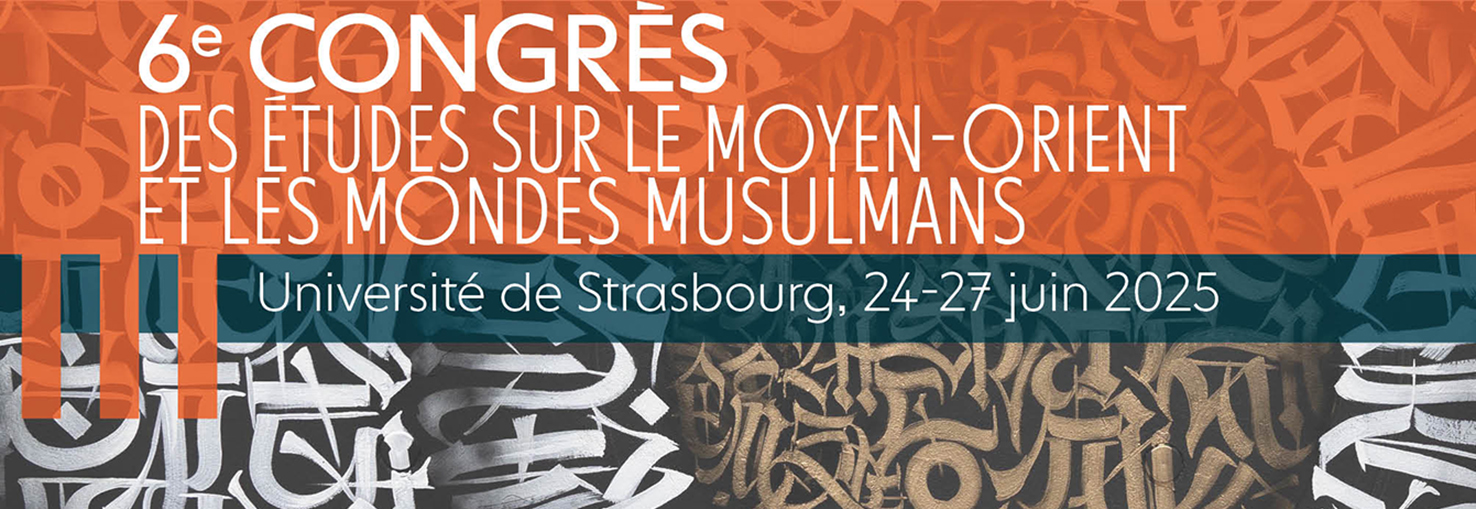Cultural transfers and adaptations in Europe from the Ottoman and Persianate contexts (17th-18th centuries) / Transferts et adaptations culturelles en Europe à partir des contextes ottoman et persan (XVIIe - XVIIIe siècle)
1 : Université Sorbonne Nouvelle - Paris 3
CNRS : UMR8041
2 : University of Cambridge
3 : Yale University
4 : Université Jean Moulin Lyon 3 - Faculté des langues
(UJML3 Langues)
Université Jean Moulin - Lyon III
5 : Università di Napoli L'Orientale = University of Naples
(UniOr)
* : Auteur correspondant
Vendredi 27 juin 2025, 8h30-10h30, Salle 3218
RESPONSABLES :
Werner Gaboreau (Sorbonne Université, CNRS, UMR 8041)
Maeva Meyer (Université Jean Moulin Lyon III, Università degli Studi di Napoli L'Orientale, IHRIM UMR 5317, CNRS)
INTERVENANTS :
Werner Gaboreau (Sorbonne Université, CNRS, UMR 8041) : The acquisition of Iranian knowledge in the Safavid Empire by European scholars in the 17th century: Two case studies
Claire Gallien (Cambridge University) : Seventeenth- and eighteenth-century British orientalism and the recreation of the islamicate canon
Zeba Khan (Yale University) : Russia's earliest encounter with minorities: Tracing tsar's scope and understanding of Muslims and Jews in the 18th century
DISCUTANT :
Bernard Heyberger (EHESS)



